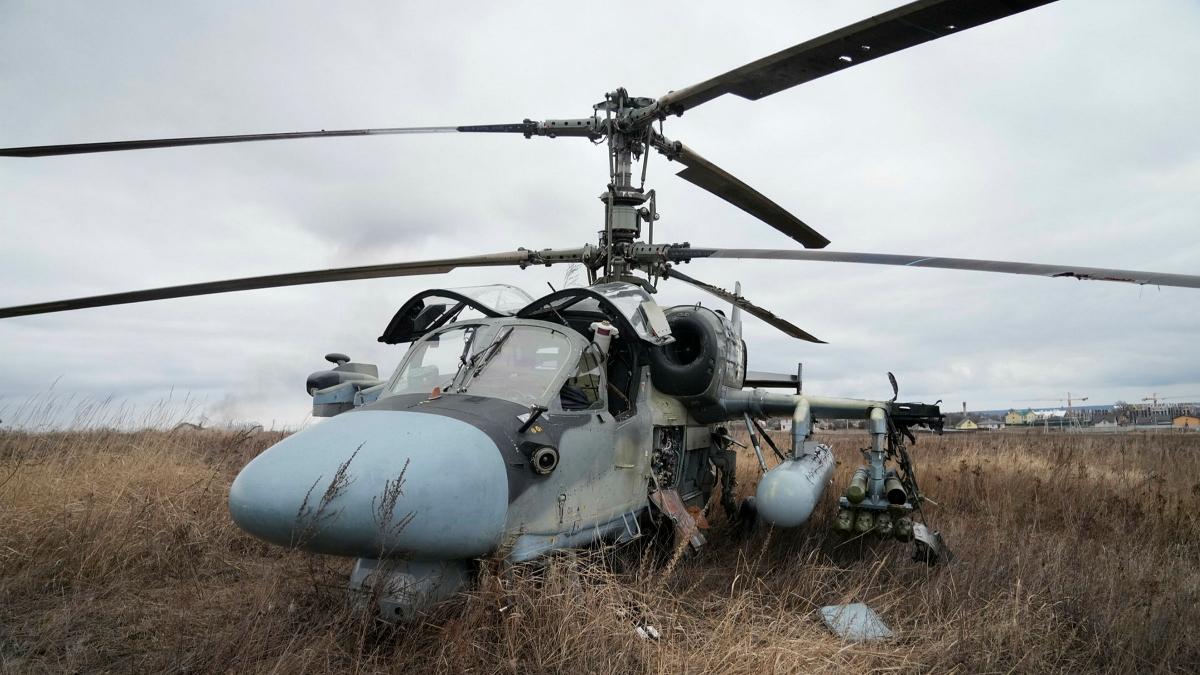Some former colleagues and friends with substantial military experience as unit commanders in combat, described why Russia’s invasion is stumbling. This despite, what should have been an overwhelming conventional warfare advantage.
Planning Assumptions: This has been examined by the media in some detail. Putin’s intelligence and military advisors were not accustomed to speaking truth to power….and for very good reasons. They also assumed the West’s response to an invasion would be nothing more that that in 2014, which was manageable.
Thus, missing was any evaluation of the development since 2014 of opposition to Putin’s Russia and the commitment of a majority of the Ukrainian population (particularly the young) to a Western oriented independence. Similarly absent, was information about the training and rearmament of their military, particularly special forces, by NATO countries over the same 7 plus year period.
Neither naysayers nor critical media were permitted to deter Putin from believing the invasion would lead quickly to the capture of the capital Kiev and the removal of the elected Zelensky Government. The identity of the Ukrainian slated to become the new president is not kn0own, but his subservience to the Kremlin is a given.
Russian Military Problems: First, we’ve learned many of the 170,000 or more troops that attacked Ukraine on February 24, 2022 were conscripts who did not know they were going to war. A morale problem?
Weather: February and March bring snow, sleet and rain to Ukraine. Thus, thick mud is everywhere. A serious problem, evidently ignored when the decision was made to rely heavily on tanks and other mobile weapon systems. Thus, the invading forces were confined to Ukraine’s narrow roads because the fields were mush. These conditions seriously reduced the ability of Russia’s armor to mass or tactically maneuver. Also, relying on tanks principally, when the initial targets were large cities, introduced a bad, vulnerable urban environment for maneuvering.
Logistics: The Russians never organized a separate logistics command responsible for providing fuel, food, shelter, clothing etc. to field deployments. Each unit organized their own or, as the intercepts indicate, desperately asked for provisions, especially for fuel. The number of abandoned out-of-gas tanks testifies to the serious logistical muddle.
Leadership: No commander-in-chief for the invasion was appointed. There are four senior generals, each of whom is fighting his own war. One of my friends described the general running the Mariupol operations as competent and effective. The other three he described as “soup sandwiches”.
The Future: Little improvement in the logistics situation has been noted since the early weeks. However, one known change that might improve Russia’s military fortunes, is warm weather drying the mud.
The severe economic, financial and personal sanctions the EU and NATO nations with US leadership, quickly imposed are having an impact, although oddly, Russian support for Putin is increasing. And then there are conflicting statements from Moscow, re its intent to transfer forces to the Donbas and annex this Eastern slice of Ukraine?
Or those ongoing negotiations hosted by Turkey which one day seem hopeful of a settlement and the next not so much. The basis is fluid, but seems to include Ukraine’s agreement to neutrality in return for allied action-oriented security guarantees and the removal of Russian troops. The current sticking point is what land concessions would Zelensky accept: recognize Crimea as a legitimate part of Russia? Or more?
Tom Timberman is an Army vet, lawyer, former senior Foreign Service officer, adjunct professor at GWU, and economic development team leader or foreign government advisor in war zones. He is the author of four books, lectures locally and at US and European universities. He and his wife are 24 year residents of Kent County.



Write a Letter to the Editor on this Article
We encourage readers to offer their point of view on this article by submitting the following form. Editing is sometimes necessary and is done at the discretion of the editorial staff.